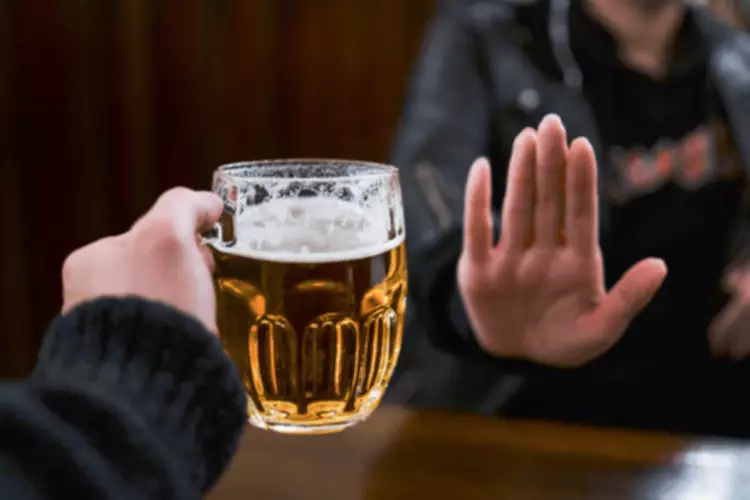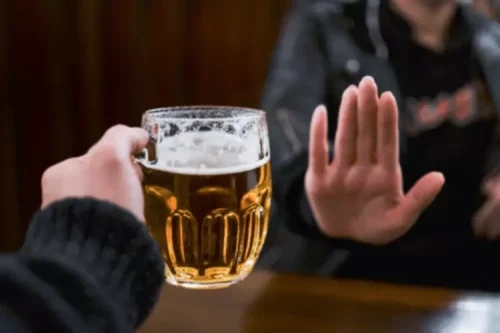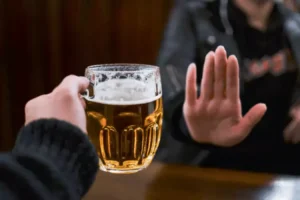
This activity is based on Cognitive-Behavioral Therapy (CBT), behavioral activation, and goal setting. Each member of the group writes down a goal they would like to accomplish to improve mental health, such as diet, exercise, sleep, mindfulness, etc. Group therapy activities provide emotional connection, education, support, encouragement, and guidance that can improve mental, emotional, and physical wellbeing.
- Regular check-ins, anonymous feedback mechanisms, and collaboration with participants in adjusting the group’s direction contribute to its effectiveness.
- While we are unable to respond to your feedback directly, we’ll use this information to improve our online help.
- These groups further encourage exploration of emotional and interpersonal conflicts, confrontation about denial and harmful behaviors, and discussion about responsibilities and limitations.
- By recognizing these triggers, participants gain insight into their vulnerabilities and can develop proactive strategies to avoid or cope with these situations.
- Substance abuse recovery is a complex journey that often requires a multifaceted approach.
Solution-Focused Brief Therapy Worksheets Bundle (Editable, Fillable, Printable PDFs)
- In this activity, the group identifies and discusses common triggers for their particular loss (what stimulates negative emotions such as sadness).
- Many support group meetings and group therapy sessions start with check-ins.
- Have a group lecture and/or discussion about the neuroscience of addiction.
- Magazine clippings, photographs, and inspiring quotes come together to form a visual representation of each person’s aspirations.
- The facilitator can vary things up by letting group members pick someone else to answer their question once they’ve finished sharing.
- Substance abuse group activities can range from collaborative exercises that require teamwork to sharing personal anecdotes or engaging in empathy-building exercises.
- Group therapy is most effective and enjoyable when members connect and collaborate.
Facilitators must address disruptive behavior, dominance, or avoidance tactics while fostering an environment of mutual respect. Have the members of your recovery group practice reflect on their self-love. Ask your clients to close their eyes, breathe deeply, and try to clear their minds. Doing this longer than ten minutes may make your clients feel uncomfortable.

CBT Group Activities Essential for Substance Abuse Recovery

Have the clients write their names in the middle of their poster with a marker of their choice. You can also spread the affirmations on a table for your group participants to look through. Clients receive blank pieces of paper and are tasked to write the names of who they think is most likely and least likely to relapse.

Mental Health Worksheets & Handouts
A shared bucket list that includes spaces to write in when an item was added to the list and when it was completed. A 3-page worksheet for couples to create a shared list of meaningful “bucket list” items to do together. A worksheet for understanding jealousy, its impact, whether it’s pathological, and how to manage jealous feelings. Recovery capital as prospective predictor of sustained recovery, life satisfaction, and stress among former poly-substance users. Financial planning might not sound like a barrel of laughs, but turn it into a game, and suddenly budgeting becomes bearable.
CBT skills group is a course that teaches mindfulness, your emotions, and the interconnection of thoughts, feelings, and behaviors. After playing with them, transition into a substance abuse group activities discussion about the fallibility of our senses and point of view. Talk about how differently people perceive things based on who they are and the situation at hand.
In 1905 he was teaching education classes on hygiene for patients struggling with tuberculosis (Pratt, 1907). Childhood begins with a family https://ecosoberhouse.com/ of origin group and then progresses to groups for education, social activities, shared interests/hobbies, and work. A template for tracking attendance, cases discussed, and any other group topics. From there, the worksheet can be used to build a stress management plan.

Download 3 Free Positive Psychology Exercises (PDF)
An 8-page goal-setting worksheet for health/wellness, relationships/social health, emotional wellness, intellectual wellness, education/career, financial health, spirituality, and leisure. A 1-page worksheet for affirmations, positive self-talk, and problem-solving strategies for daily challenges. A 3-page worksheet for sharing self-affirmations and partner affirmations, including suggested questions for discussion. A list of group openers for substance use groups; can also be used in individual counseling sessions. So let’s raise a (non-alcoholic) toast to the power of community, creativity, and good old-fashioned fun in the journey of recovery. After all, a life reclaimed from addiction should be one worth living – and enjoying – to the fullest.
Learn About Self-Care
Group therapy is a vital aspect in all levels of addiction treatment and continued care, including outpatient treatment and sober living. Group therapy in addiction treatment consists of three or more people, led by a licensed therapist, working together through issues related to addiction using behavioral therapy. Most addiction treatment centers, from smaller outpatient facilities to comprehensive centers with residential options, offer some form of group therapy or peer support. Zainab is a skilled member of the ChoicePoint team of medical content writers.
